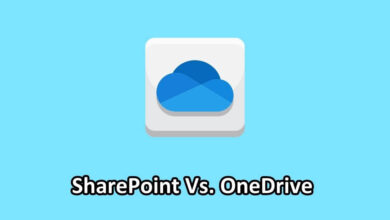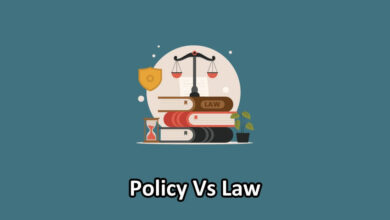Budget and forecasting are the two very important business tools that a business entity uses to know and meet future objectives. Both these terminologies might sound similar, but they are totally distinct from one another. In this article, we will have our eyes on all the differences between these two financial terms with the help of the following set of concepts.
Definition Of Budget
A budget is a detailed representation of a financial plan that a company prepares to meet expectations/objectives in the upcoming time. It is a document that is conveyed in monetary terms and showcases all the financial activities like results, objectives, vision, estimation of revenues and expenses, cash flow, financial status, etc, that the management of the business wants to gain in the future.
Moreover, budgeting is a continuous process that needs to be updated after a particular interval. Usually, the budget of an organization gets updated once a year but it depends on how fast the management of the firm wants to revise, adjust, and update the data. After a budget gets prepared, it is then used as a tool to meet the forthcoming goals and objectives. It assists in controlling the deviations in the financial activities of a company.
In a nutshell, a budget is a statement that represents the business plans for the upcoming time and so, therefore, it should be prepared in a very sequential manner.
Definition Of Forecast
On the other hand, forecasting is another financial tool that is used to estimate the future situation based on historical/past, or present data. Forecasting is always done by the management keeping past knowledge and experiences in their eyes. In such a way, the previous year’s data assist a business to predict the results in the future. Forecasting helps companies understand where they need to realign their goals in order to get an excellent outcome.
Moreover, the main characteristics of forecasting are as follows.
- Forecasting also assists a firm in allocating its budgets and plans for the forthcoming period.
- It gets updated at regular intervals, usually monthly or quarterly, depending on the business plan, operations, labor, and inventory.
- It is used for both short and long-term planning.
- And, It may be limited to expenses and revenues.
Budget Vs Forecast(Comparison Table)
| Basis For Difference | Budget | Forecast |
| Definition | It refers to the financial plan, created by the management of an organization in order to meet the estimated expenses in the forthcoming time. | It refers to the financial tool/plan used to estimate future outcomes or situations, keeping the past data in view. |
| Revision and Updation | Revision and updation are generally done on the annual basis. | Revision is done on a regular intervals. |
| Nature | It is static in nature. | It is dynamic in nature. |
| Variance Analysis | Possible | Not possible |
| Benefit | It assists companies to work better in the accounting phase. | It helps businesses grow continuously. |
Key Differences Between Budget And Forecast
Some of the core differences between budget and forecast are given as follows.
- A budget is a detailed representation of a financial plan that a company prepares to meet expectations/objectives in the upcoming time. On the other hand, forecasting is another financial tool that is used to estimate the future situation based on historical/past, or present data.
- While the budget estimates what a company plan to gain. On contrary, forecast estimate what a business will gain in the future.
- Budgeting offers variance analysis so as to compare the real and expected outcomes. On the other hand, in the case of forecasting, variance analysis is impossible.
- While budgeting is done for the short term, usually for one accounting time phase. On the contrary, forecasting is created for the long term.
Conclusion
To sum up, we can say that budget is the financial representation of the plans prepared by the management of the company for its forthcoming financial and economic actions. While on the other hand, forecasting shows the direction an organization is heading in. Both these domains are used by the management in decision-making actions.



One Comment